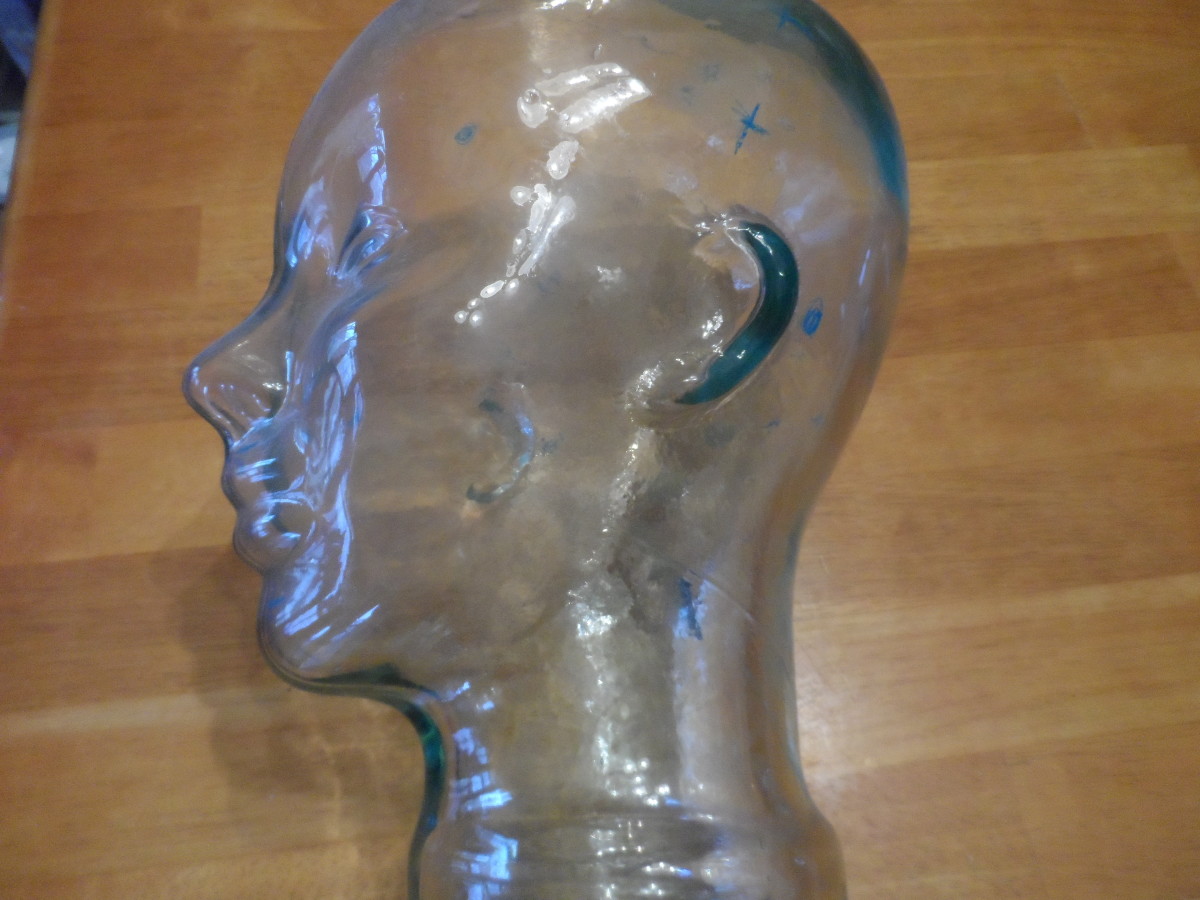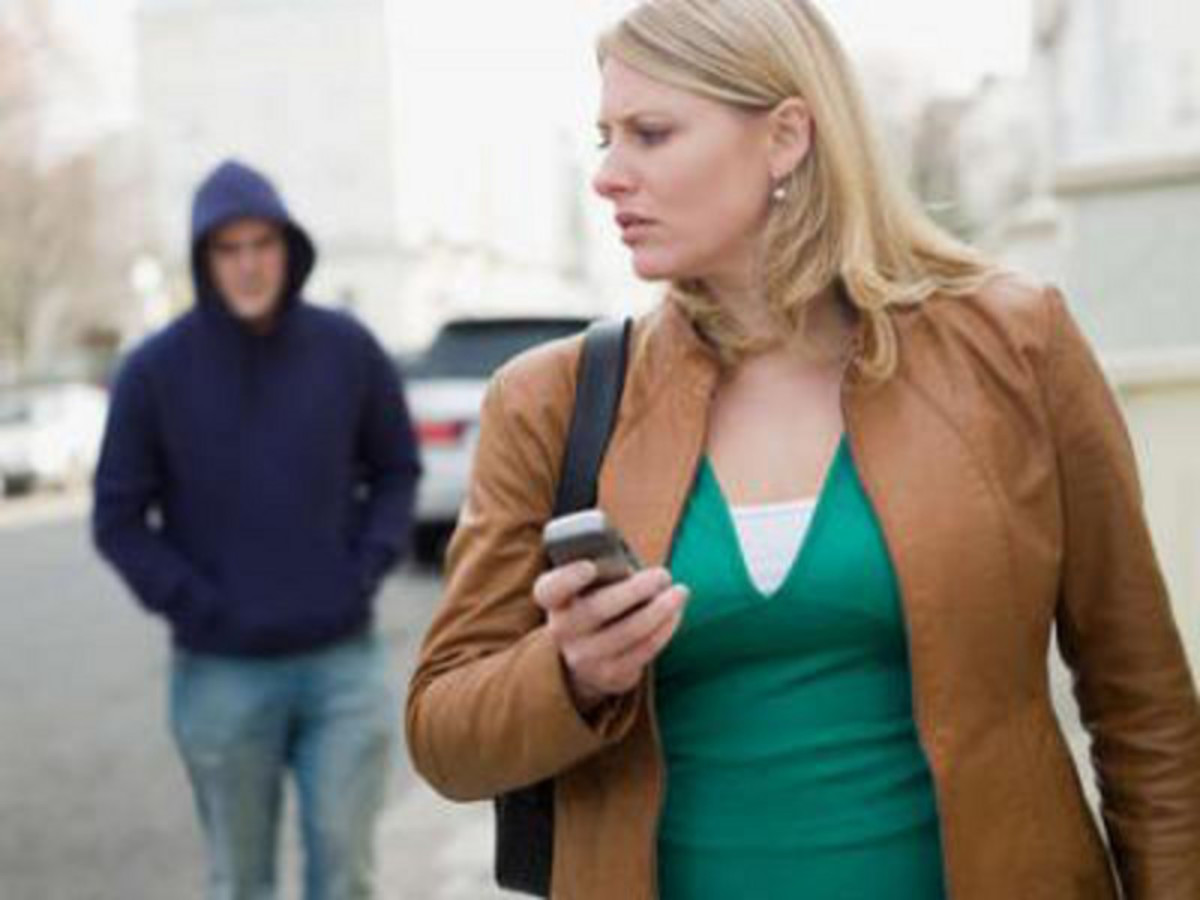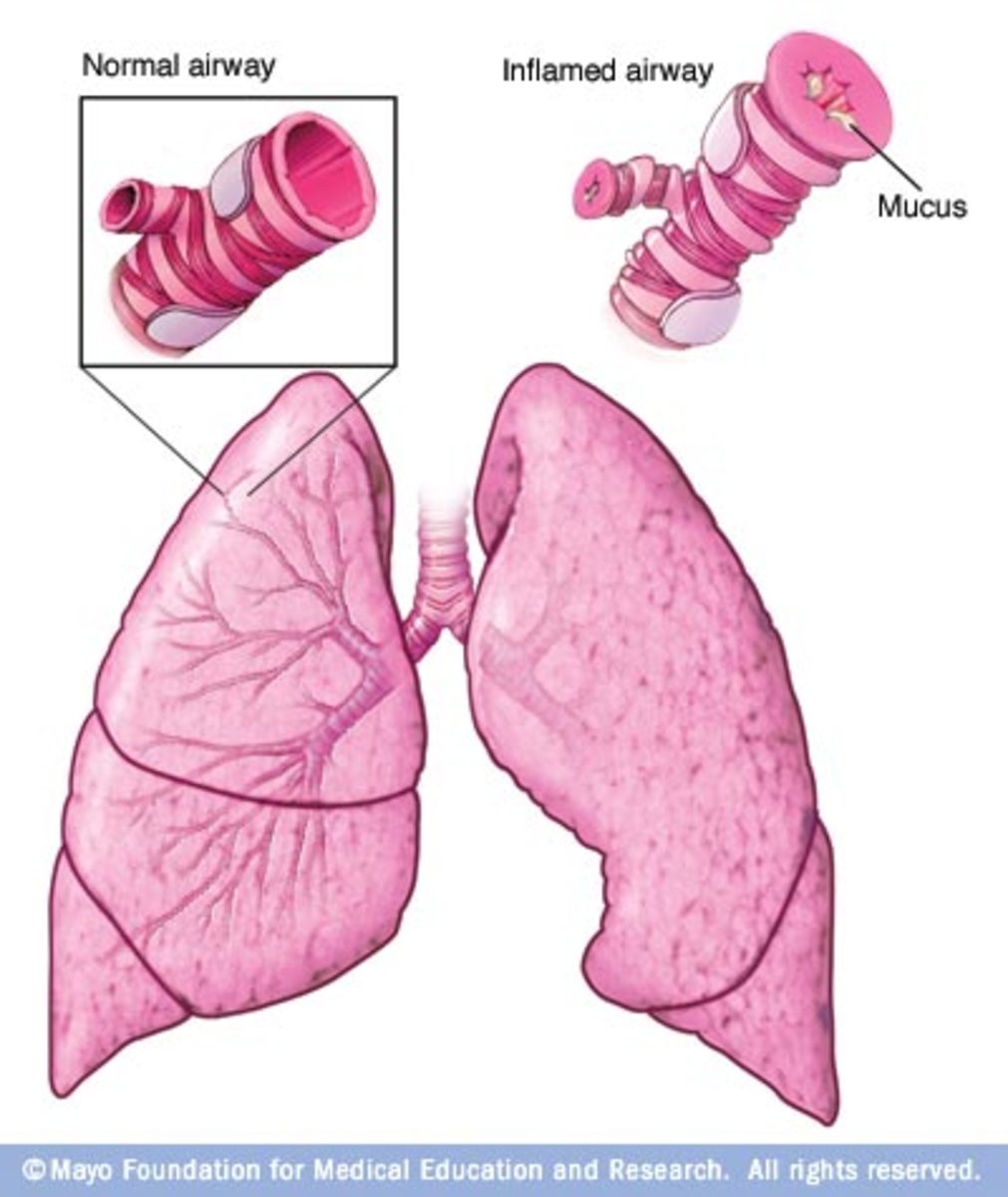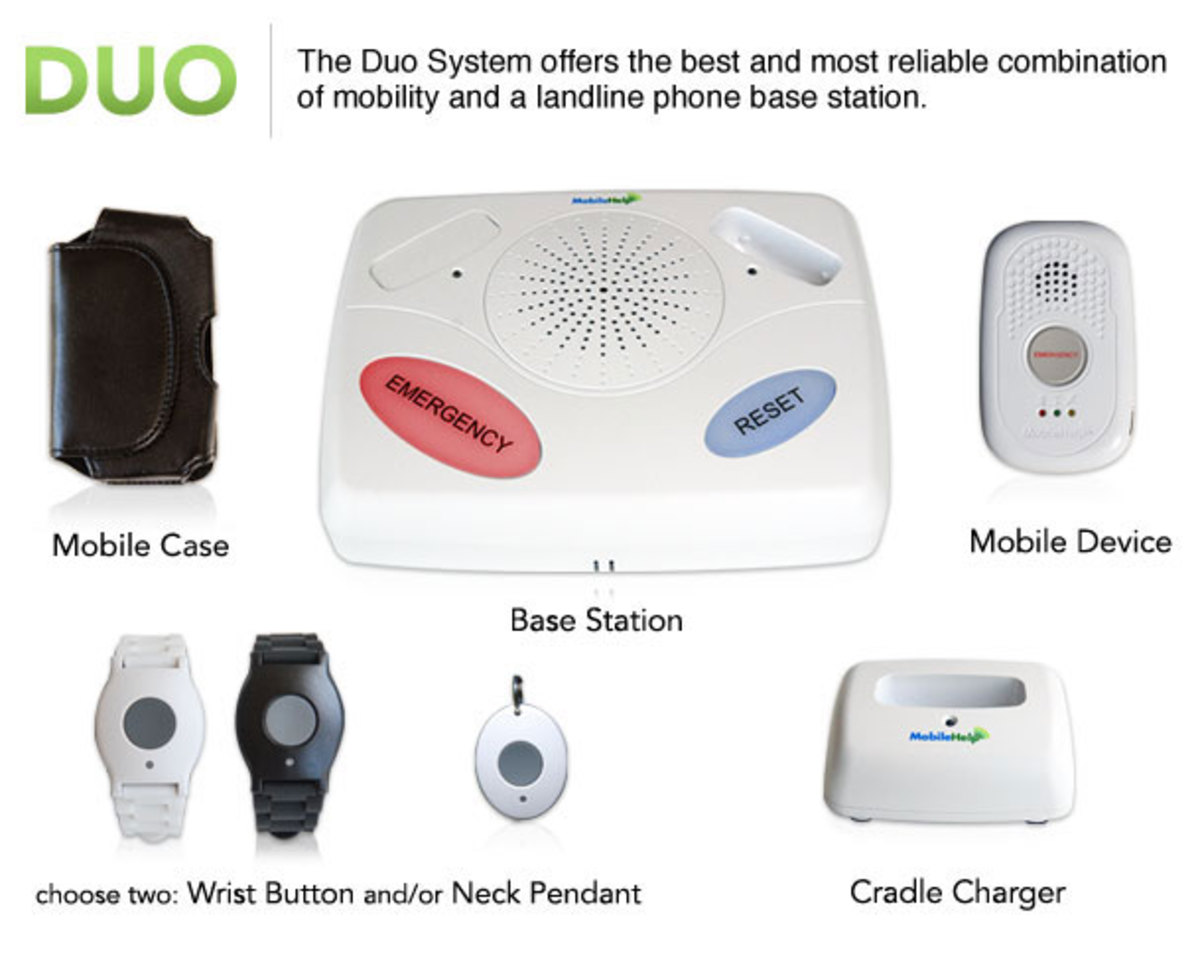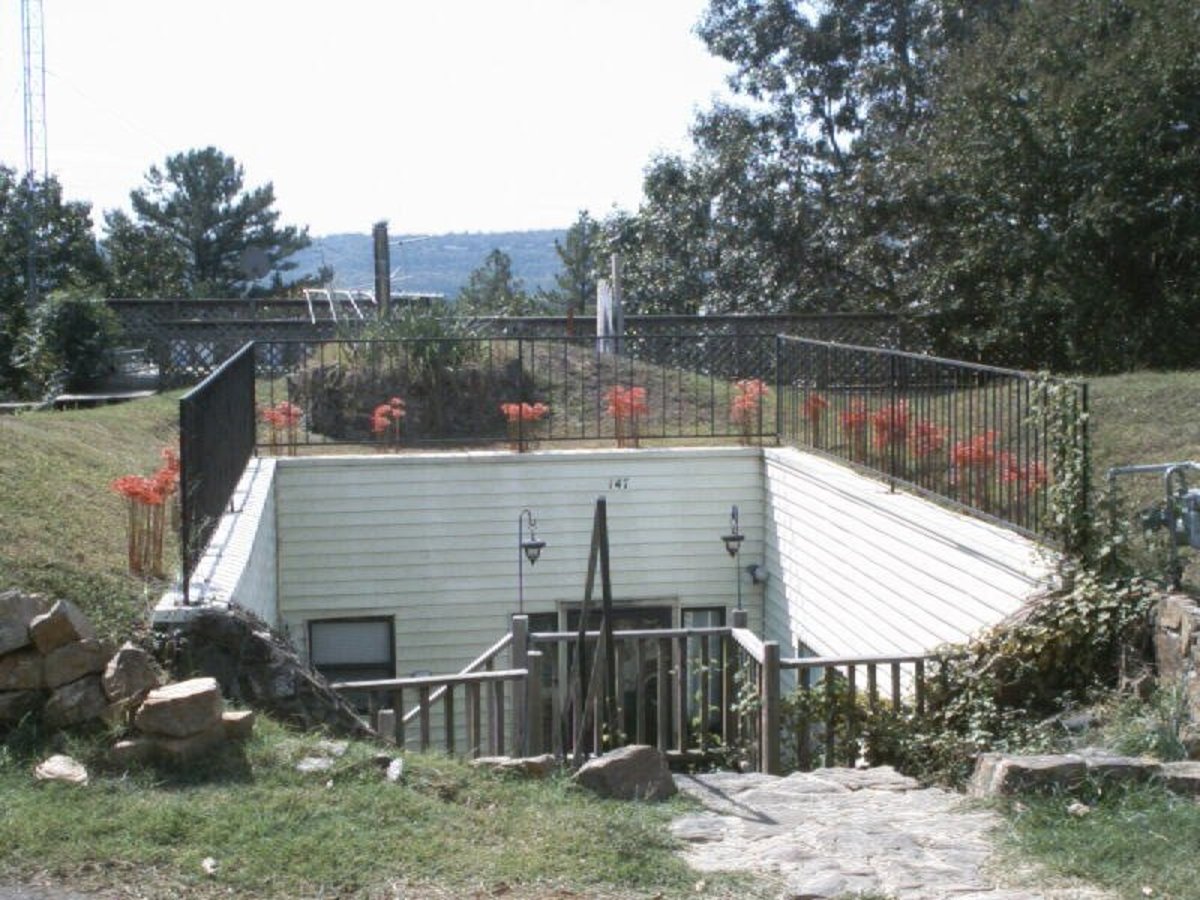EVACUATION!! What You Need to Grab in an Emergency
We have all heard stories about people exiting their homes quickly to avoid a disasters like wildfires or flood. Maybe you have never thought this happening to you, but if it does it could be a panic situation .
Your first priority is saving lives, but if you have even a few minutes you might also be able to rescue some possessions and important personal items.
Depending upon immediate circumstances and upon how well you have prepared before the disaster, you can make it easier to put your life back together if the worst should happen.
But, how do you decide what to take?
What you need to do now before finding yourself in an emergency situation, is to make a simple printed list of important documents, valuables and irreplaceable family items.
When a sudden crisis occurs it is sometimes hard to think straight.
Put your priority list in an accessible, visible spot marked with the word "evacuation" or "emergency." You may want to place it near an exit door.

Four Basic Categories
If you need to evacuate your home, there are four or five kinds of things you will want to save. Organizing them and keeping them together will help.
1.) Information/important papers.
Documents, policies, certificates, licenses tax information and contact information. (If you have all of these things on your laptop computer-- You are ahead of the game.)
2.) Sentimental possessions and family memories.
Photos, scrapbooks, quilts and things passed down from your family
3.) Immediate needs.
An 'overnight" or "carry on" bag pre-packed with a change of clothes, personal items and medications.
4.) Valuables with monetary worth.
Cash, jewelry, cameras, small electronics or antiques.
It may be impractical to take large items like appliances, furniture and big screen tv's-- let your insurance cover those.
5.) Livestock and pets .
This might even go at the top of your list.
A Simple, Sample List
- Wallet and/or purse with cards and cash.
- Cell phone or tablet, with charger and cord.
- Keys, including safe deposit box key.
- Glasses or contacts and prescriptions.
- Legal Documents, Tax, insurance and business records
- Pre-packed overnight bag.
- Photo albums, family history, heirlooms.
- Cameras, GPS, firearms, laptop, valuable tools.
- Cash, gold, silver.
- Quilts and pillows, especially handmade ones from family.
You should have original documents, deeds etc in a secure location like a safe deposit box away from your home. (Remember to take your SD box key.)
Copies should be organized at home in a take away file or sturdy box at home. (This can be labeled "children's art" or something that will not attract the attention of thieves.)
It is even easier if you have all of these things copied onto a portable computer or tablet.
Prepare Before You Need To
Before detailing the categories more completely, let's state the obvious:
Grab your wallet or purse, and a cell phone if you have one. If you have a laptop or tablet computer, you should get that, too.
You will probably have credit and bank cards, driver's license and medical information cards already in the wallet. (If not, correct that right now.)
Also, there should be some emergency cash, as well as a card with phone contacts ( insurance company, family , etc.) and possibly your CODED social security number, bank account, passwords, pin numbers (again coded) and other important personal info.
If your wallet is the only thing you can grab, make sure it is loaded with your necessary information.
Your cell phone should be programmed with family and friends numbers, PLUS numbers for your insurance, bank, credit card company ( lost card numbers) and any other contacts that may be useful to your situation.
Find out from your cell phone service provider how you can use your phone as a lookup for weather reports, driving conditions, the nearest pizza place in the next town, and a wide range of information which may be helpful if you are stranded in an unfamiliar place.
Depending on your phone functions, it can also act as a flashlight, clock, alarm, camera (photographic memory), as well as a diversion.
Make sure you have cords and everything necessary to recharge your phone or tablet. If power is out, you may have to recharge in a vehicle, or use a hand-cranked or battery source to power up.
1. Information and Papers
You will want contact information for family and friends, so you can let them know you are alright.
Names and contact information of insurers and copies of policies might help you get assistance quickly. Video of your home interior, and still photos of valuable items can help with insurance assessment if your house is damaged or destroyed.
Having a copy of last year's tax forms, current business records, and medical records can help avoid frustrations. Personal and legal documents should always be protected in a safe deposit box or other secure location.
Again, having copies of all of these things loaded into your computer (password protected) or tablet is very convenient, especially if you are in a hurry.
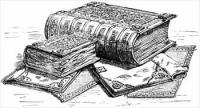
2. Family Memories
Photos, scrapbooks, and things passed down from your family are some of the items people regret losing.
Hand made and inherited items hold special meanings and comfort.
The quilt your grandmother made, might be used to wrap a painting or a fragile item, or the big old Bible with family information.
Make sure you list includes those items special to your family memories.
3.) Immediate Needs
An 'overnight" or "carry on" bag pre-packed with personal items.
Travel- sized cosmetics, dental care items, medications (and a list of prescriptions with numbers), a change of clothing and a jacket or sweater should be included. Personalize this to suit your needs and wants.
This is also handy to have pre-prepared for any kind of travel situation, even a quick weekend getaway for fun.
4.) Valuables and Money
You should have some cash on hand, it will help with some immediate needs and there's no way to replace it if it is swept away. Also, if there is a n area-wide power outage, you won't get any money from the ATM. Stores, if they are open, won't be able to take credit cards. Some cash could be very handy.
Small valuables like quality jewelry, gold coins, silver, firearms, cameras, laptops, and small antiques should be in places where they can be quickly and easily located.
5. Livestock and Pets
If you have horses, or other large animals, you probably have already thought about alternative safe sites for them to be stabled. If not, check with your local animal control department and ask if a fairground or other place can be used in an emergency such as fire or flood. You need to have this information before disaster strikes.
If it is a sudden event, make sure the animals are not confined in a barn or enclosure. If they are forced to flee on their own, at least they won't be trapped. Most often they are likely to find a safe spot away from the trouble. Some livestock owners place an identifying mark on their animals. I have heard of Telephone numbers being put on hose hooves with permanent markers.
For your small pets you will need to have carriers or animal crates, especially is they are not used to riding in a car. Don't forget their food and maybe their favorite bedding. Just like us, they do better when they have their familiar favorite things with them.
If You Need to Leave With Almost Nothing
Think of how much information you could already have copied and saved on your laptop or other portable device.
If it is not already in there, you might want to organize it now or save all your personal information to a separate portable drive or other copy media.
Scans of photos, old letters, genealogies, family stories and memories can all be preserved easily.
What about that novel you have been writing, and all the research you have done.?
Other important papers include property deeds and ownership certificates for vehicles as well as diplomas, marriage licenses, divorce papers, birth and death certificates, naturalization documents and passports.
Copies of your documents, tax information, insurance policies, investment records, household inventories and business files can all be saved on your hard drive, flash drive or a packet of CD's.
Saved on a laptop or a portable drive, all of these are easier to transport than a load of papers. You might even want to have them already copied and saved in another location or in a safe deposit box.
Hopefully , disasters will stay away from your home, but a few small preparations can make things much easier . . . just in case.

